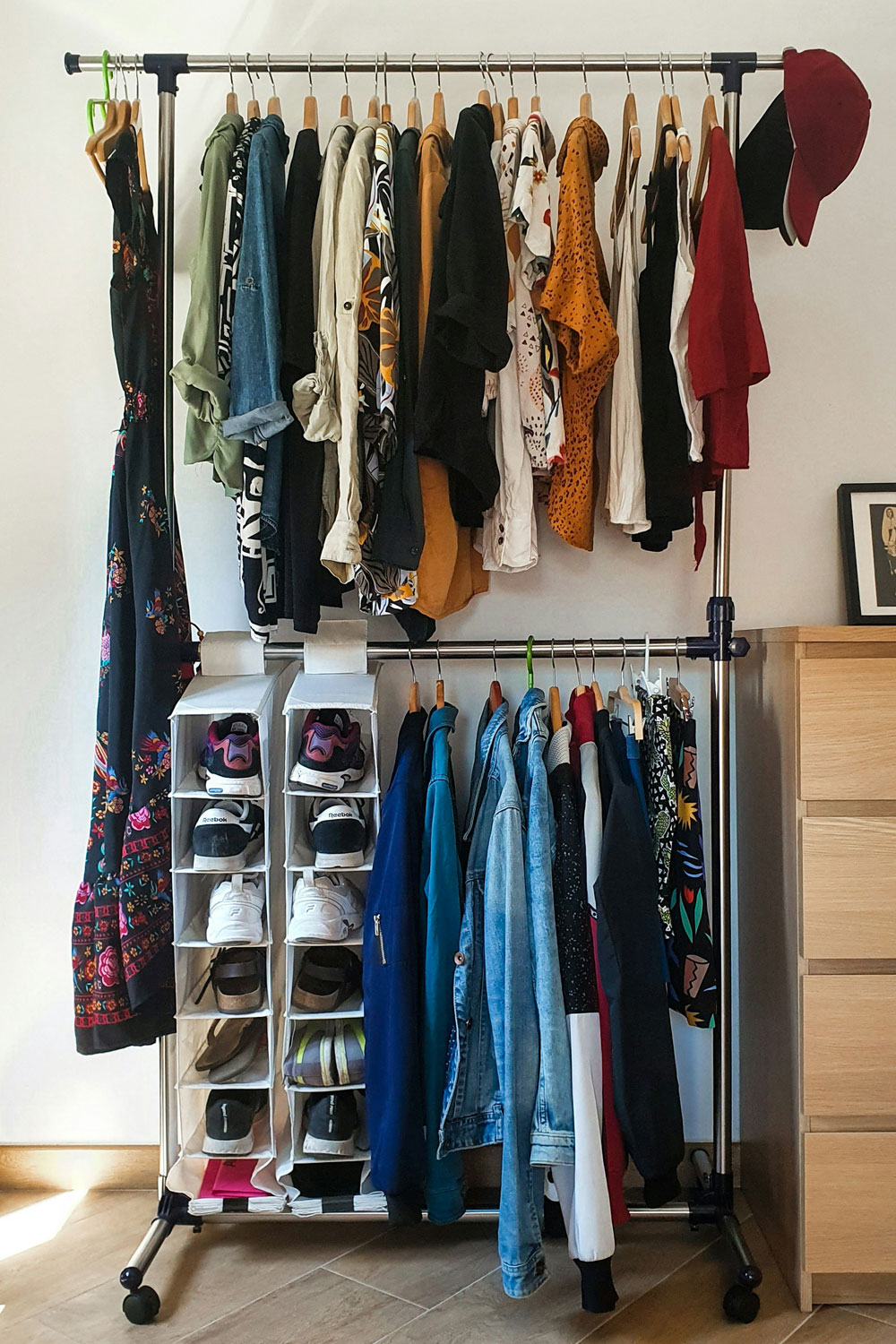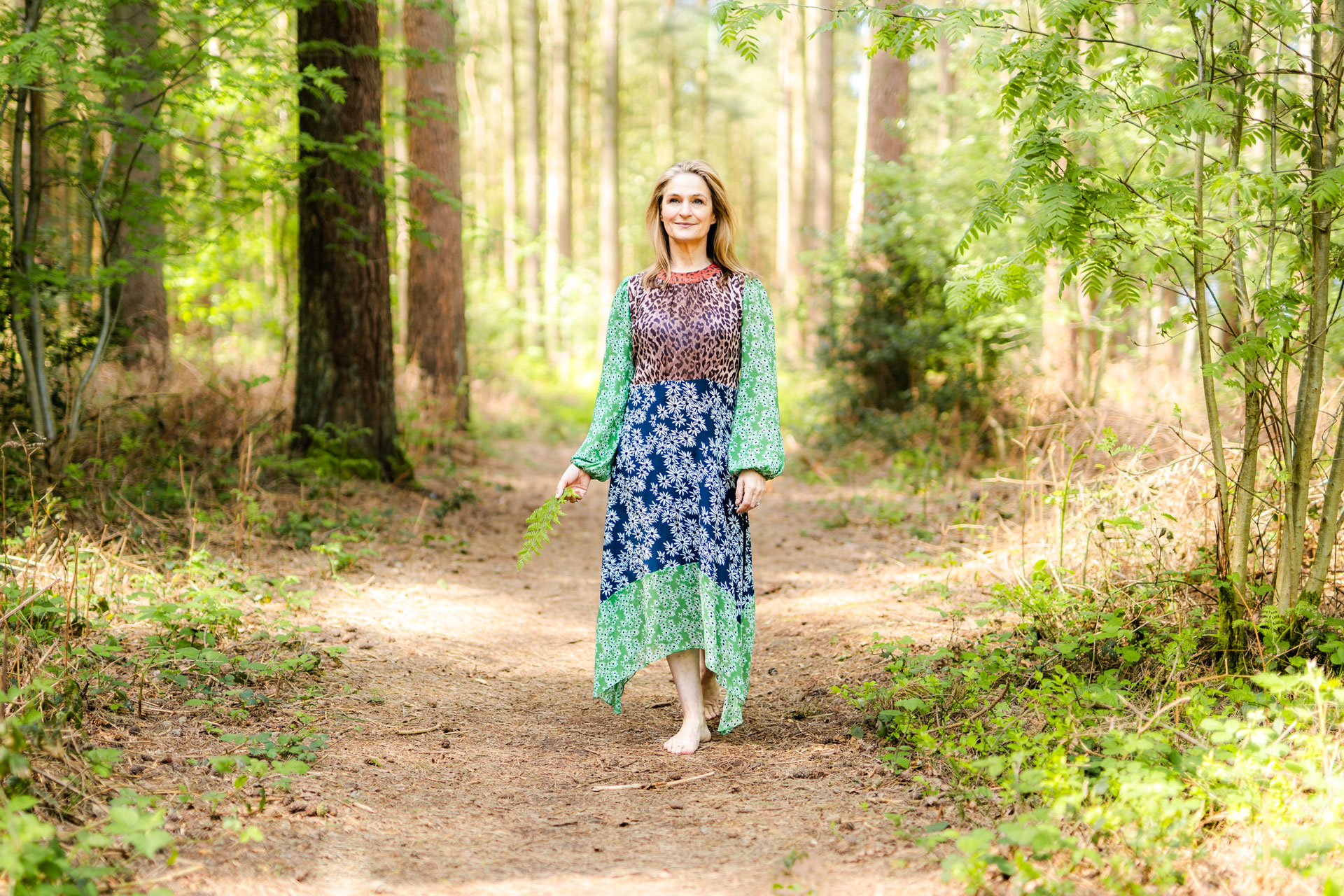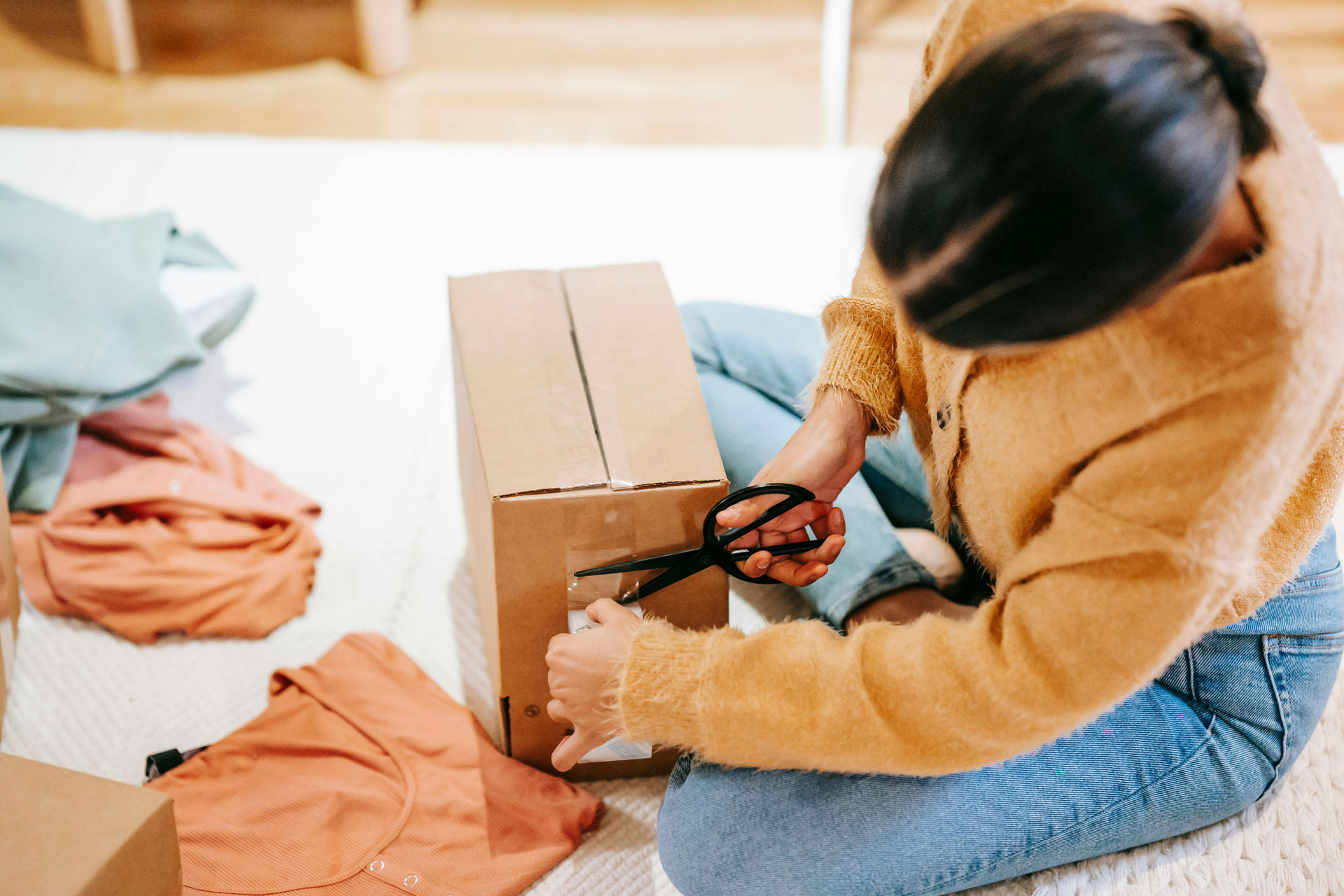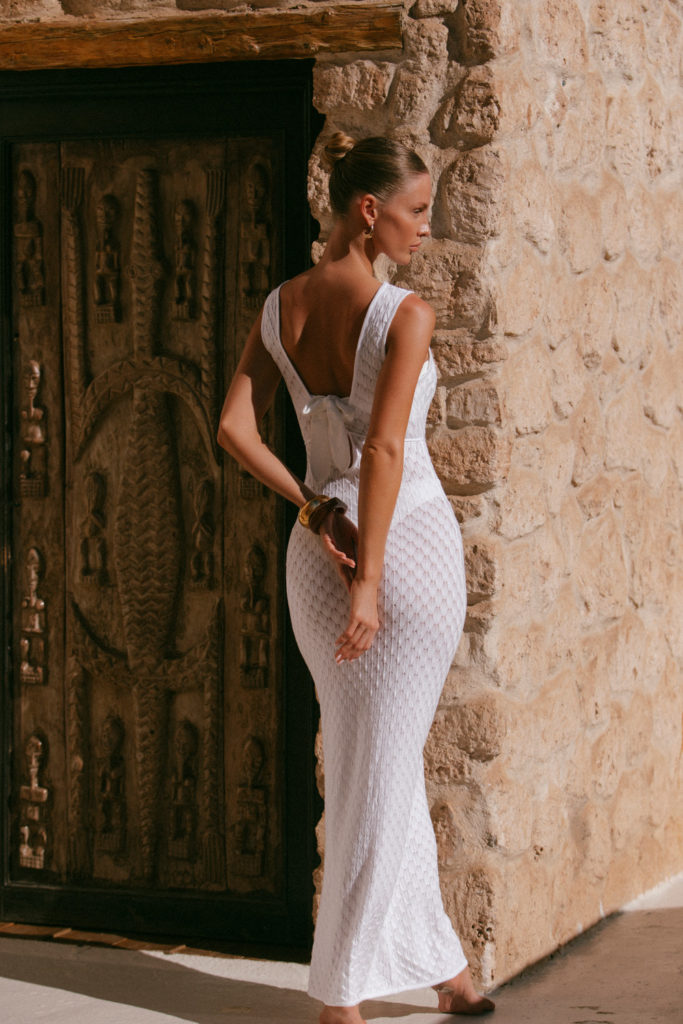
The Green Coach: Is Your Vinted Addiction Harming The Planet?
By
10 months ago
This month, Lucy Johnson delves into resale culture
The pre-loved online marketplace has exploded in recent years. Global sales of pre-owned clothes soared by 18 percent last year to $197bn (£156bn) – and it’s expected this will increase to $350bn by 2028m, according to resale specialist ThredUp. And while this move towards a cyclical model is clearly a positive, are we still just feeding the fast fashion cycle? Lucy Johnson, psychotherapist and founder of environmental lifestyle consultancy Green Salon, explores the question: is buying second-hand fast fashion actually better for the planet?
The Green Coach: ‘I’m Hooked On Second-Hand Fast Fashion’
Dear Lucy,
Is buying fast fashion second-hand actually better for the environment? It feels like an alternative to buying clothes first hand and also preventing them from going into landfill but I’m beginning to think it actually encourages the fast fashion cycle because I just end up selling and buying more. I’m worried it’s a short term problem that I’m avoiding.
Suzy

Dear Suzy,
Thank you for your thoughtful question: it does seem like a neat solution, doesn’t it? You buy fast fashion but you don’t buy it new and so you’re not playing into the hands of the fast fashion industry. You could call it fast fashion, zero guilt. But your suspicion that you’re inadvertently feeding the fast fashion cycle, is a perceptive one.
There’s no doubt buying pre-loved has lots of advantages over buying new: as you say, it gives clothes a new lease of life, saving them from landfill. It’s a cheap, fun way to wear new trends. And many people would rather send their money to an independent seller than a fast fashion behemoth.
But, precisely because it feels guilt-free, there’s evidence you’re not the only one who finds the reselling culture encourages a buy it fast, sell it on quickly way of shopping. With the best of intentions, it can speed up the ever-faster turnover of clothes in our closets.
And this is where talking about fast fashion becomes complicated. Because fashion is fun. It’s a joyful expression of who we are. It helps boost our confidence. It makes us feel good. All these feelings are the juice of life. So how do we talk about fast fashion without feeling like we’re being judged or shamed and ultimately robbed of life’s pleasures? Having spent over a decade in the psychotherapist’s chair, I have discovered that people have a huge capacity to come up with solutions.
Your question is a great example of this. You say you started buying second-hand because you were worried about fast fashion’s impact, but you’ve realised it’s encouraging you into a fast fashion version of second-hand shopping. You also say it’s a problem you’re avoiding looking at. But you have looked at it. You’ve written to me, and you’ve asked the very question you were avoiding. By reading my reply, you’re confronting it, opening up the option of adapting your shopping habits to fit your new understanding. Just knowing your suspicions are right might make you decide to slow down your shopping. Or you might want to do that but find it harder than you’d like.

Pexels
Taking time to understand why you do the things you do is a really useful way of unpicking habits you’d like to change. Think of it as the overstory (buying new clothes) and the understory (why do I buy the clothes I buy?). What are you looking for in your clothes? Are they a way that you feel more like yourself? Do you enjoy the way they signal who you are to the world around you? What kind of clothes budget do you have?
To shift fast fashion habits to slower fashion ones, we first need to swap fast-paced, reactive ways of thinking to slower, more reflective ones. We need to explore the understory. It’s in that space that we can come up with different, creative ways of doing things.
Perhaps you’re on a limited budget and you like to change up your look regularly. How about upcycling your clothes by altering them? While stitching and dyeing your clothes is not for everyone, there’s lots of companies like The Seam and Sojo that have popped up recently that can do it for you. What better way to make your clothes a direct expression of who you are than to alter them exactly how you like?
Of course you’re one person and while you have power to send signals to the fast fashion industry, it’s also about change at every level, including government regulation. Just as you are thinking about these questions so are many others: and this is how we’ll arrive at the solutions we need.
Lucy
Lucy Johnson is the founder of Green Salon sustainable lifestyle consultancy and a qualified psychotherapist. Eco-confused or anxious about climate change? Send her your concerns and questions to [email protected]






